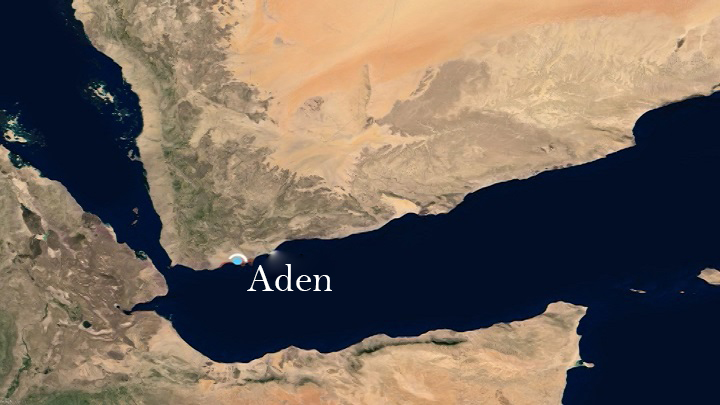Teachers In Saudi-UAE-Occupied Aden Demanding Payment Of Salaries
Hundreds of teachers and educators protested, Sunday, in the city of Aden, demanding the Saudi-backed government to pay their salaries.
The demonstrators chanted slogans demanding the payment of teacher’s dues and the improvement of wages, accusing the leadership of the coalition’s Ministry of Education and its offices in the rest of Aden of corruption.
The teachers’ union vowed to escalate until all the teachers’ demands are fulfilled, after the strike in Aden schools reached 98%, during the first month of the new school year.
For his part, Undersecretary of the Ministry of Finance Ahmed Hajar said that “The salaries owed to employees on the public treasury exceed 4 years.”
He added, “Government employees represent 34% of the size of the workforce, and this indicates the extent of the impact of salaries in terms of returning them or cutting them in advance, stressing that the aggression coalition has fragmented the Central Bank of Yemen after transferring it to 4 independent banks in Aden, Hadramout, Al-Mahra and Marib under Saudi supervision.”
He explained that the transformation of the Central Bank of Yemen into a depositor with the National Bank of Saudi Arabia means its loss of sovereignty.
In early April, the UN special envoy for Yemen, Hans Grundberg, announced the nationwide ceasefire, for the first time since 2016, saying the two-month truce would be eligible for renewal with the consent of parties. The truce meant to halt all military operations in the country and to bring the foreign military invasion to an end.
The deal stipulates halting offensive military operations, including cross-border attacks, and allowing fuel-laden ships to enter Yemen’s lifeline al-Hudaydah port and commercial flights in and out of the airport in the capital Sana’a “to predetermined destinations in the region.”
The period specified for the military humanitarian truce is nearing its end, and the US-Saudi aggression seems to be in a hurry to adopt the option of extending for the third time to freeze the battle in Yemen and its economic repercussions away from global energy markets.
The forces of aggression are pushing for an extension, not out of concern for peace, but rather out of fear that the escalation will add more complications to the international scene in addition to the crisis imposed by the Russian-Ukrainian war.
A truce, the positive effects of which have not been felt by the citizens over the past months, despite its broad headlines. Commercial flights to Cairo are still stumbling until today, and the navy of aggression continues to pursue fuel ships without respect for agreements or any regard for international laws and norms.
Double standards regarding the violations of the forces of aggression and its provocative practices is a double UN policy that has brought the crisis in Yemen to its current level of misery and deprivation that has affected everyone far from justice and the realization of the rights of the Yemeni people.
The Supreme Political Council requires, in order to extend the truce, the commitment of the Saudi-led aggression to pay the salaries of all employees and the rest of the services, as a natural entitlement that is not subject to extortion. Before that, the complete blockade of Sana’a airport and the port of Hodeidah must be lifted as a criterion for demonstrating the seriousness and goodwill in the faltering peace process in Yemen.

